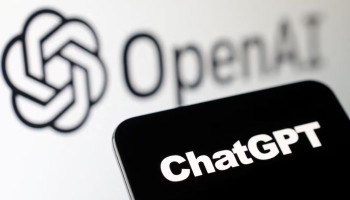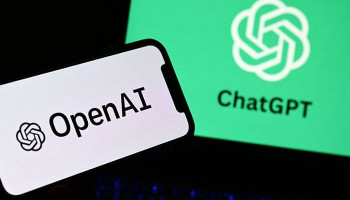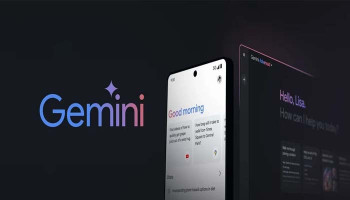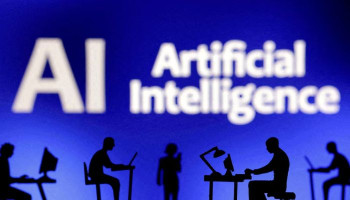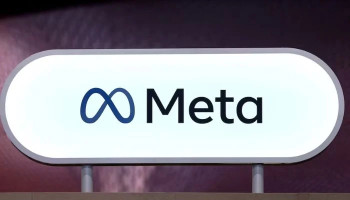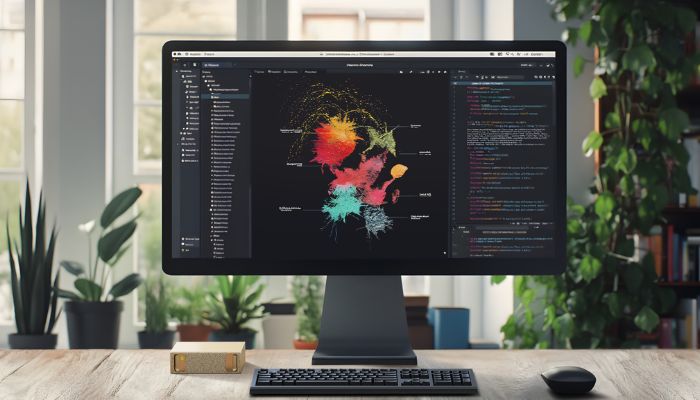
Nvidia has made a splash at CES with the announcement of their new AI PC platform named Grace-Blackwell. This platform is designed specifically for AI developers and is set to challenge its competitors like Intel, AMD, and Qualcomm.
Nvidia's new platform will contribute to the tech industry with innovation in its power efficiency, performance, and connectivity.
Nvidia’s new AI PC developers
The new platform, called Project DIGITS, is a small box available from Nvidia and top partners starting at $3000. It includes a monitor, keyboard, and mouse, or you can buy them separately.
This AI development workstation is one of the fastest and most complete on the market, delivering a full petaflop of FP4 performance to support a range of Nvidia AI software, from NEMO to Omniverse.
Nvidia's Project DIGITS specifications
Each Project DIGITS unit has 128GB of unified, coherent memory and up to 4TB of NVMe storage. It sources a standard wall power and can handle various AI models up to 200 billion parameters.
Moreover, using the Nvidia ConnectX networking, two units of Project DIGITS can be connected to execute models up to 405 billion parameters. It means researchers can prototype, fine-tune, and test models on a local workstation running the Linux-based Nvidia DGX OS and deploy them on Nvidia DGX Cloud or other data centre infrastructure.
Nvidia founder and CEO Jensen Huang stated: "Our goal is to place an AI supercomputer on the desks of every data scientist, AI researcher, and student, empowering them to engage and shape the age of AI."
While Project DIGITS is currently targeted at AI developers, it has the potential to be a general-purpose AI PC in the future.
However, this would require Microsoft Windows and PC OEMs like HP, Dell, and Lenovo to support the new SuperChip. Testing and certifying the new Arm-based platform for Windows could be ready by GTC, opening up a multi-billion-dollar market for Nvidia.





